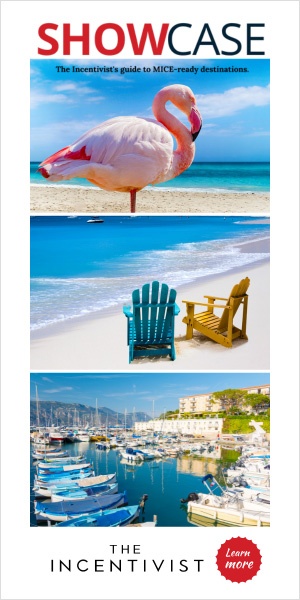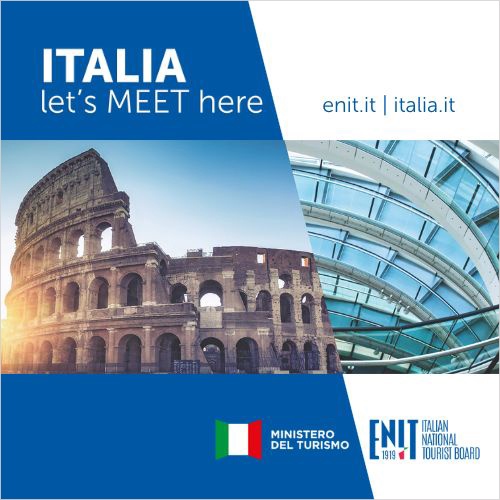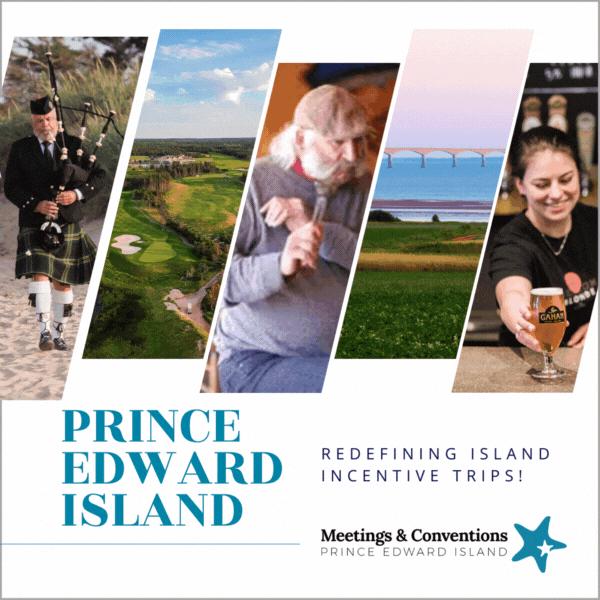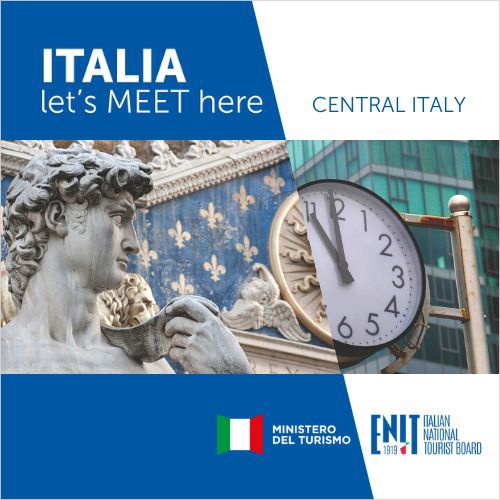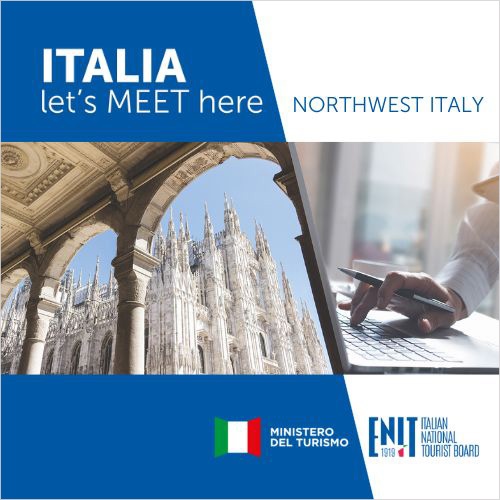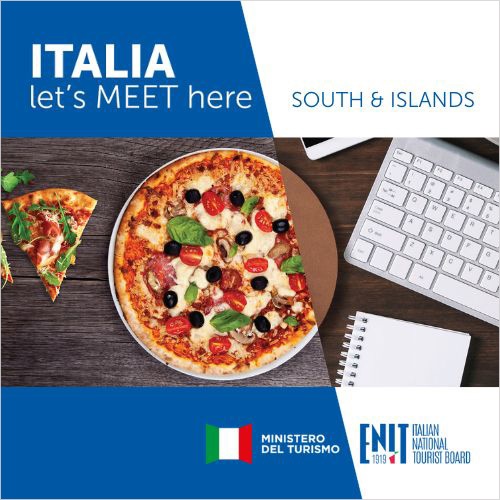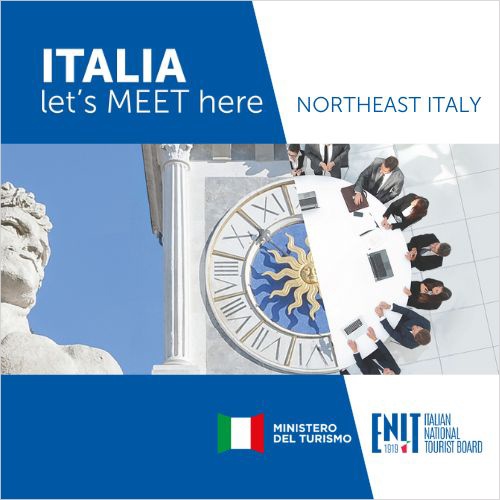Marriott International, Inc. and PCMA and CEMA have released their “Guiding Principles in Experience Design” study, which provides meetings and events professionals insights to help them forecast the consumer drivers and behaviors that will guide the future of experience design.
The study is the latest in a series of in-depth reports between PCMA and Marriott International, that began in 2015, and was initially previewed at Marriott’s THE EXCHANGE: Association Masters Customer Conference, which took place May 30-June 1, 2023 at the Sheraton Phoenix Downtown.
“Business event professionals are looking to provide innovative experiences that break the mold for meetings and drive lasting results with their event attendees and clients,” said Tammy Routh, senior vice-president, Global Sales, Marriott International. “Consumer patterns, behaviors, and motivators are constantly evolving, and we are excited to provide insights our customers have been asking for through this new research.”
During the research process, Marriott, PCMA and CEMA conducted more than 60 one-on-one interviews. Each interview was followed by a series of global roundtables with experts and thought leaders in experience design, who assessed how these trends should be integrated into event strategies.
The research, conducted by Storycraft Labs, was synthesized into six guiding principles intended to drive experience innovation for years to come.
- Exploring Identities: Humans seek the ability to find their own individualized uniqueness but also to find where they overlap with others. These intersections are fundamental to one’s ability to connect and emphasize a need for connection to local communities. The role of the event designer will be to reimagine networking and create an environment where people feel open enough to stretch their minds and fully participate.
- Architecting Choice: Audiences desire choice and want to be involved in selecting the various pathways available to them. They also want adequate support and resources to make clear and informed choices. These tools, when leveraged effectively, can help audiences reduce complexity and make confident, informed decisions. To develop the user experience, event strategists need to understand the problem they’re solving for from the perspective of the audience. Asking the audience why they are coming to an event may be a step in the right direction.
- Designing the Belonging: A sense of belonging for attendees should be a central mission for the experiences the event strategists create. When all audiences are able to participate as they are and feel included for who they are, they can have more positive and impactful experiences. Event strategists need to design events for inclusion, considering different abilities and varying needs related to mental health. As part of Marriott International’s commitment to belonging, Marriott has collaborated with the Google Experience Institute (XI) on The Neu Project to enable more neuro-inclusive meetings and events.
- Value of Values: Audiences search for experiences that provide value beyond the dollar, prioritizing elements like sustainability, inclusion, hybrid channels, community engagement, time and uniqueness. Distinct offerings and value propositions continue to be crucial in meeting audience needs. For the time-conscious, the virtual-hybrid experience will remain essential to be connected to their communities wherever they are.
- Emotional Data: Understanding the emotional state of participants is key to driving loyalty and decision making. Event strategists need to discover how to leverage emotional data, measure it consistently and analyze it effectively. Audience segmentation tools use personalization to create dialogue and encourage preference sharing. When use pre-event as a vehicle for experience design, they can demonstrate how the emotional data collected has been used to create better experiences for the audience.
- Power of Play: The process of playing with something, breaking it apart and putting it back together creates opportunities for ideation and collaboration. Developments in AI are opening new avenues for experimenting and playing with new tech tools that can facilitate connection. Event designers may want to create play-first spaces that celebrate testing and experimentation to help audiences better understand new ideas and synthesize learnings.
“Our ongoing relationship with Marriott International further underscores our commitment to deliver innovative education and resources for business event strategists around the world,” said Sherrif Karamat, CAE, president and CEO, PCMA and CEMA. “We’re proud of this work, and hope the insights gathered from the report help drive engagement, build community and foster better business relationships.”

